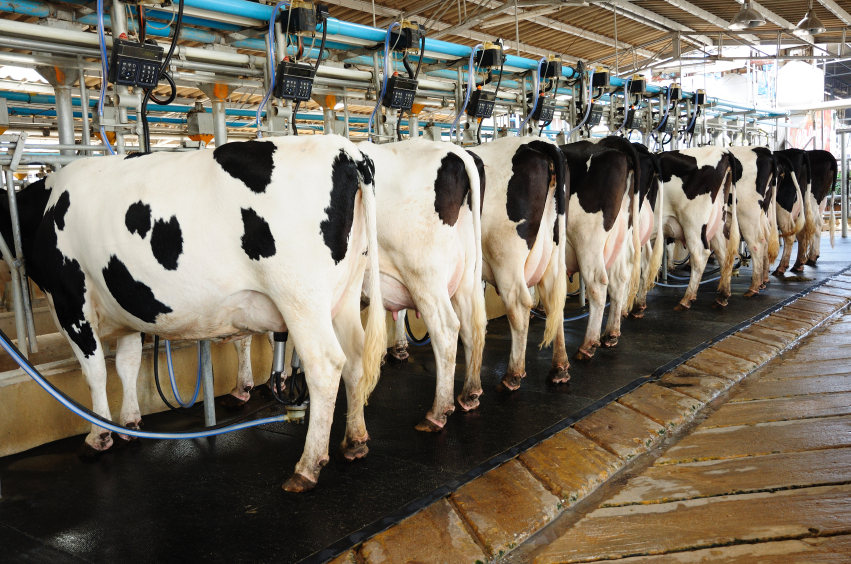Immigration Reform Remains Atop Legislative Priority List in Washington
February 9, 2018
 As members of Congress negotiate with the White House over the future of the Deferred Action for Childhood Arrivals (DACA) program – set to expire next month – NMPF is urging lawmakers to also focus on the workforce needs of dairy farmers and agricultural employers seeking changes in immigration policy.
As members of Congress negotiate with the White House over the future of the Deferred Action for Childhood Arrivals (DACA) program – set to expire next month – NMPF is urging lawmakers to also focus on the workforce needs of dairy farmers and agricultural employers seeking changes in immigration policy.
In his first State of the Union speech in late January, President Donald Trump spoke about immigration policy, laying out details for a package that includes offering citizenship for “Dreamers” in exchange for increased spending on border security and a reduction in legal immigration. The president’s speech did not address agriculture’s needs for access to a legal immigrant workforce.
Earlier that day, NMPF President and CEO Jim Mulhern visited senior legislators on Capitol Hill to advance the dairy industry’s goal of securing an adequate workforce through the creation of a new agricultural guestworker program, and to urge that the issue be addressed in any immigration policy changes. In recent weeks, NMPF has engaged in high-level discussions with the offices of House Speaker Paul Ryan (R-WI) and House Judiciary Chairman Bob Goodlatte (R-VA) to find a path forward for the creation of an agricultural visa program.
Chairman Goodlatte’s Judiciary Committee adopted the Agricultural Guestworker (AG) Act last fall. NMPF has supported the chairman’s efforts to meet agriculture’s needs, while continuing to work with him directly on additional improvements to the legislation, including: providing immediate legal status to those currently working in the United States; gaining longer periods of work time for employees under the new H-2C visa program; and allowing legal protection for family members of dairy workers. NMPF is also in discussions with other House members who seek to improve the bill.
NMPF continues to work closely with others in agriculture who share a common goal of passing a bill that solves these labor challenges, including the Agriculture Workforce Coalition, which continues to discuss possible improvements to the AG Act.






